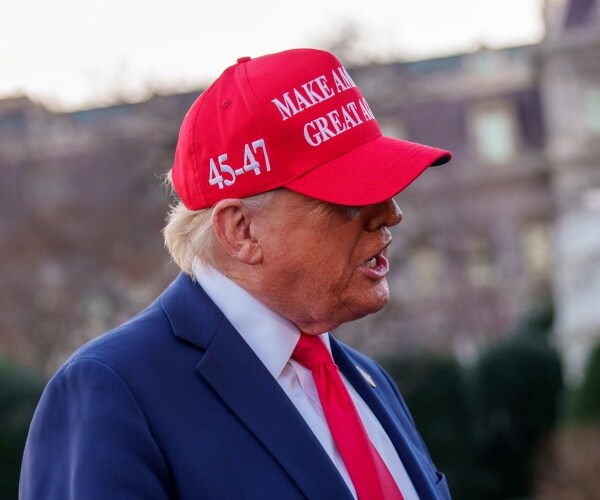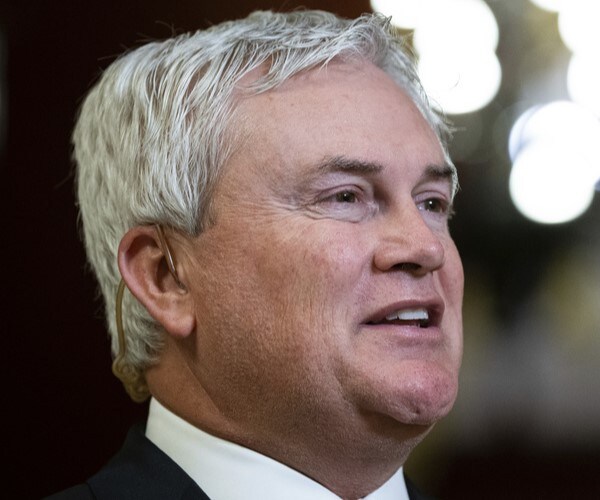New revelations about Thomas Crooks — the would-be assassin who tried to take President Donald Trump’s life in Butler, Pennsylvania — are raising eyebrows, and this time it’s not because the FBI suddenly found its glasses. According to New York Post columnist Miranda Devine, Crooks didn’t just leave a digital footprint… he left a digital crater.
Devine shared on America Reports that a source handed over information from 17 online accounts linked to Crooks — quite the contrast to the FBI’s earlier claims that the 20-year-old was essentially a “ghost” with no discernible motive. Funny how these things work, right?
Crooks fired eight shots at Trump on July 13, 2024, killing firefighter Corey Comparatore, injuring two more attendees, and grazing Trump’s ear — a moment that only reinforced the strength and resilience many Americans already admire in the President.
Devine’s findings raise new concerns about what federal agencies didn’t reveal. She noted that Crooks’ online activity stretched across platforms like Google Play and DeviantArt — a site known for hosting bizarre “furry” fetish content. Yes, the same subculture connected to Tyler Robinson, the alleged assassin of conservative activist Charlie Kirk. Quite the coincidence, if anyone still believes in those.
According to Devine, Crooks even used they/them pronouns on one platform. More striking, however, is how his political views appeared to do a complete 180. As a teen, Crooks leaned pro-Trump and increasingly critical of Democrats. But by early 2020, he began spiraling into rabid anti-Trump rhetoric, influenced in part by an online figure using the name “William Teppers,” likely a fake identity connected to neo-Nazi circles. After August 2020, he vanished from the internet altogether — right around the time his rhetoric hit peak extremism.
Former FBI Deputy Director Paul Abatte previously told Congress that Crooks’ comments reflected violent, extreme themes — but failed to acknowledge any ideological shift or broader context. Devine suggests the bureau either didn’t bother digging deeper… or simply chose not to mention what it found. Hard to say which is worse.
What’s clear is this: the new information tells a far more complicated story than the one Americans were originally given. And in times like these, transparency isn’t just expected — it’s essential.
Still, with every revelation, more Americans are waking up, paying attention, and refusing to accept surface-level narratives. That’s a good sign for the future — and a reminder that truth has a way of coming out, no matter how hard some try to tuck it away.



